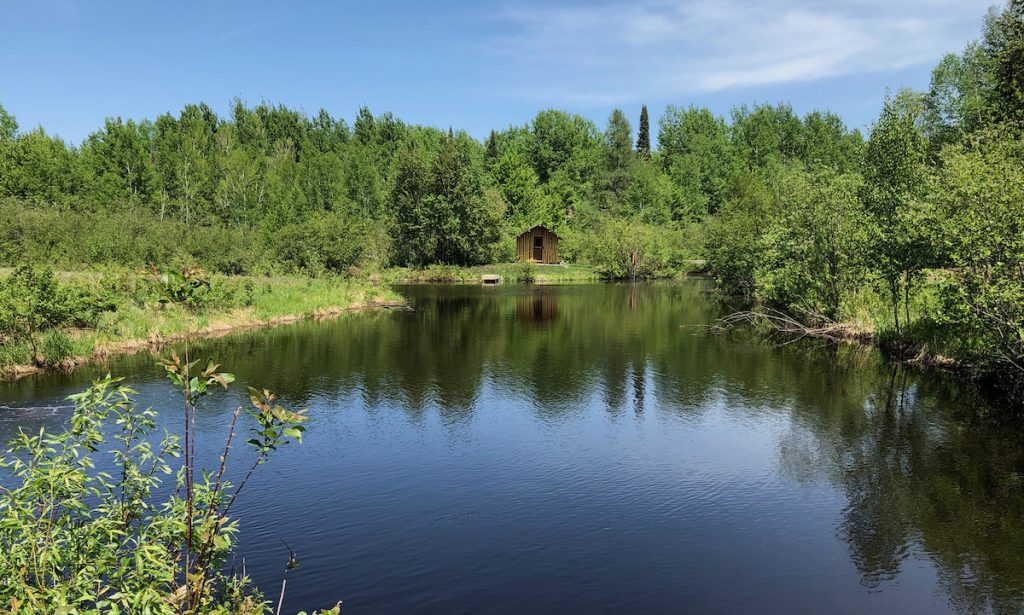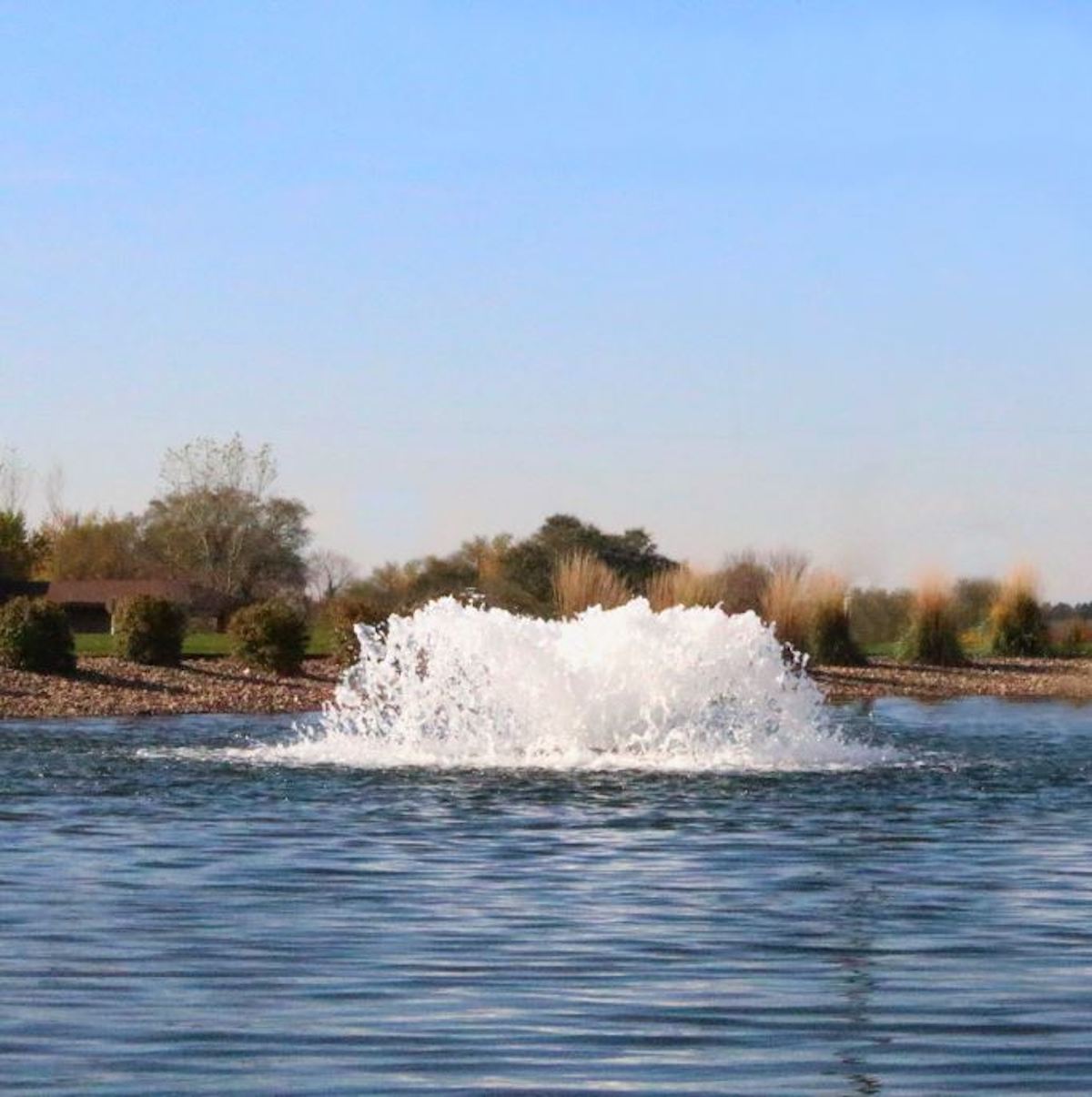By Joe Holz, International Sales Manager
You’ve heard the old adage, an ounce of prevention is worth a pound of cure.
That couldn’t be more true when it comes to ponds and pond management. The bad news is most pond owners neglect regular maintenance and the prevention side of the equation until there is a massive problem. Think algae, fish kills, sludge, bad smells, etc. However, all is not lost. Nature gives us a sort of re-do every spring.

Springing to Life
Most ponds “wake up” from their winter dormancy and spring to life (pun intended) this time of year. Longer sunlight hours and warming water temps kick everything into gear – from photosynthetic activity of plants, to increased feeding and activity of your fish. Warmer temps allow beneficial bacteria in your pond to do what they do best: eat nutrients. So, what can you do to help the good processes in your pond prevent problems from occurring later in summer?
The Best Option
The single, best thing you can do for you pond is add oxygen and water movement. The more dissolved oxygen (DO) in the water, the better almost everything in the pond works. The aeration helps fish remain healthy and active while preventing low oxygen related stress and health issues. It also keeps beneficial bacteria processing nutrients efficiently in an aerobic environment, preventing foul pond odors and quickly reducing muck. This leaves fewer nutrients available for unwanted plants to consume. The physical movement of water also deters harmful aquatic plants like various forms of algae and cyanobacteria, as well as plants like duckweed and watermeal, which can be major eye-sores.

Other Important Steps
Other prevention steps to take this spring include:
- Divert or filter runoff. This prevents new nutrients from entering into the pond and can be done with berms or even strategically planted vegetation
- Keep grass clippings from lawn mowing out of the water
- Prevent as many geese from congregating as possible as they add literally tons of nutrients to the water
- An early start to a regular bacteria treatment can prevent increasing nutrient load throughout the summer
- Monitoring and physical removal of unwanted aquatic plants. Using cutters or rakes in small areas, commercial harvesting in larger lakes
- Chemical treatments for unwanted plants if needed.
A local lake management professional can help with this or any of the above
The Time is Now!
Nature has given us our yearly do-over. Now’s your chance to do the most good for your pond with the least amount of effort and expense. Don’t let this opportunity slip away again this year and let odors, fish health issues, and excessive aquatic plant growth ruin the enjoyment of your pond.
Contact us today for a recommendation on how to improve the oxygen and circulation of your pond.